The reactions to Charlotte Cowles’ decision to give scammers $50,000 in the belief she was protecting her income with a CIA agent range from object lesson that could happen to anyone to roiling contempt. More than one pundit has declared Charlotte Cowles ineligible to ever work as a financial journalist again, as if capturing and syntheizing financial advice in readable fashion is an important professional responsibility akin to passing the Series 7.
Several article comments revealed that others have clearly been in the same situation or knew someone who was.(1, 2, 3,4,5,6,7,8, 9, 10,11,12,13), so I don’t understand why everyone is so completely and roundly dismissive of her intelligence, as if only an unsalvageable idiot (or maybe a MAGA voter) would fall for such a ruse. New York magazine readership is, like Charlotte Cowles herself, highly educated and reasonably intelligent, capable of writing in complete sentences without emojis. Thirteen thoughtful responses of “this happened to me or someone I know” just in the comments section suggests that scammers aren’t wasting their time with an unprofitable clientele.
Some people, like Charlie Cooke above, declare that Cowles’ story is so outrageously implausible that she’s either a complete fool unworthy of her position or simply lying about her experience. But a simple Google search reveals hundreds of reports of scams just as outrageous, capturing people of all income levels and ages.
Many more cases aren’t reported. Mine, for example. Almost everything in Cowles’ story happened to me four and a half years ago, in late July 2019. I was caught in nearly uninterrupted phone calls for around five hours, pulled out $8000 from my savings and credit cards, and spent it all on Target gift cards in order to read the codes to scammers waiting to spend my money. Even as I gathered funds, I refused to comply with many of the demands the scammers made during those hours, despite dire threats about my imminent arrest. And ultimately I stopped. I refused to hand over the money. I wasn’t saved by a friend or family member (although a timely email did reinforce my resolve).
For that reason, unlike Cooke and the hordes mocking Cowles, I feel qualified to point out that some aspects of her story shocked me. I don’t understand why, if she had $50,000 handy, she wouldn’t just stick it in a safe deposit box to protect it.1.And what educated person thinks a CIA agent is involved in domestic affairs?
But distractions aside, her story has many features in common with my own–disturbingly so. I deliberately quit thinking about it (no small task for me) six weeks or so afterwards, so reading her article gave me some unpleasant jolts as those details came zooming back.
Swindling 101: marks are hooked by greed or fear. Cowles and I were both hooked by fear of identity theft.
Cowles:
If I had nothing to do with any of these allegations, how much could they truly affect me? I thought of an old This American Life episode about a woman whose Social Security card was stolen. ..I remembered another story about a man who got stuck on a no-fly list after his personal information was used by a terrorist group. It dawned on me that being connected to major federal offenses, even falsely, could really fuck up my life.
From my tweet responding to the article on Twitter before I’d read the story:
…but the total fear of all my financial resources being locked down for years, as they threatened, was horrifying and since this was *exactly* what has happened to people whose identity was stolen, it was believable!
In the several weeks I spent obsessing endlessly about my near-miss, I analyzed the event in terms of how my personality affected my vulnerability, as well as my ability to step away.
An essential attribute for both better and worse is best explained with an example. When my son was about three years old, I suddenly realized he’d been quiet for too long and rushed outside to find him at the top of an 8 foot pile of rotting planks with rusting nails protruding on every side that used to be our back fence. His cousin would have charged up and probably pulled the whole magilla down on his head, but I knew instantly that my boy climbed that dangerous mountain carefully and cautiously. An innate propensity to thoroughly analyze all the pros and cons before, during, and after engaging in insanely ill-advised activities? That, he got from me.
Other vulnerabilities are easier to describe. I was alone when the call came. My housemate and brother knows nothing about the online world but a lot about scams and would have physically taken the phone from me if he’d been nearby. I was in a car, making it was much easier to convince me to go to the bank than it would if I’d had to get up and find my keys, etc. It had been a bad year, financially. I’d had about $13K in savings in January; it was down to about $3K.2.
On the other hand, I was temperamentally suited for resistance. I have a very low score on the Big Five Agreeable scale. I’m much nicer than I seem on Twitter, but very comfortable making people unhappy. My orneriness is philosophical as well. I can rant for forty five minutes on the enraging mechanics of identity theft. There are companies that make money reporting on my creditworthiness to lenders and when they get fooled it’s my fault? Tell me my 401K will be locked up for a decade so I should get the money out now? Fuck that. Finally, it turned out to be very helpful that I have extensive experience living and working among a wide variety of recent Asian immigrants.
Specifics of the actual conversations are fuzzy, but I have extremely clear memories of my state of mind, as that’s what I endlessly revisited for a few weeks until putting the incident away and rarely moving it up to conscious memory since. I know I wrote it all up in an email and I keep everything, but I’m not searching the archives.
***********************************************************
The call came right as I was leaving summer school, which means a little after 1:30. My father was visiting for the summer and I was using his car while mine was getting fixed. I’d just started the engine when the phone rang.
How many people have declared Cowles a simpleton simply for answering the call of an unrecognized number? I get the same nuisance calls that T-Mobile now labels “Scam Likely”. But even today if I get a call from a local area code, my tendency is to flip a mental coin, think about my mood and current activity, and if nothing better is going on, I answer. A good chunk of the time–maybe 30-40%?–it’s a business or individual who has a legitimate reason for calling or that I was actually hoping to hear from. Those are good odds, so I’ve maintained the procedure.
As bad luck would have it, that day I mentally flipped that coin to “answer”.
Nothing seemed odd at first with one exception: the caller, who I think identified himself as a case manager with the Social Security identity theft department, had a strong south Asian accent. But his name was something like Dave or Sam or Pete.
I spent the 90s working with Indian H1bs, the early aughts tutoring hundreds of south and east Asian kids and talking to their parents, and since 2009 have been teaching hundreds if not thousands of south and east Asian kids and co-working with dozens more adults–almost all of them immigrants.
East Asians Anglicize their names. South Asians do not. 3
This instantly caught my attention, registering as such an oddity that, before realizing the call’s intent, I’d made a mental note to ask around to see if this was a new thing. Then “Case Manager Pete” got into the meat of the tale and I was freaked out and on the hook. At some point he transferred me to someone else in SSA with “special projects”, I think but am not sure.
“Special Projects” dude was ALSO talking with a strong south Asian accent and a name like Dave or Pete or Sam or Charlie.
One’s an interesting oddity. Two was a warning. I should have hung up, except (and I’d forgotten about this until Cowles’ account reminded me) “Special Projects Sam”‘ told me I was in danger of being arrested because items involved in a massive arrest involving drug and sex trafficking had been purchased with a card using my SSID. The district attorney had issued a subpoena and the police were going to deliver it to me tomorrow but right now they were were following me now to be sure I didn’t try to alert my gang of drug dealers and pimps that the jig was up.
The only way to convince the cops that I’m not the targeted criminal, “Special Projects Sam” informed me firmly but politely, was to convert all my accounts and credit to cash. This would not only convince the police who are following me RIGHT NOW but also protect my assets against the accounts being frozen the next day. My bank account, all my credit cards. No, don’t give me their numbers, he warned me, I have them, I know what bank you should be driving to clean out your bank account, you should never give these numbers out over the phone. Sell your mutual fund. Cash out your IRA.
I said absolutely not. I’m not going to ruin my finances because some dumbfucks in Social Security allowed someone else to use my number. I wasn’t cleaning out the cash advance limits on all my credit cards–I wasn’t even sure how on a couple of them, although I didn’t tell them that. (Had I tried to cash out my 401K and remaining mutual funds my financial adviser for the past 32 years would have told me to hang up on them.)
“Special Projects Sam” said fine, the police will be calling. And immediately, my phone began ringing with the caller id of my local police station–which was not, mind you, the town I was in at that moment. I picked up the phone and for the third time, I heard a clear and heavy south Asian accent identify himself as Officer Dave or Joe or Charles from my town’s police force and explain that fellow officers were tailing me to ensure I didn’t reach out to confederates and warn them to dump the drugs and the women.
If two was a warning, three was an impossibility. The odds against three consecutive recent probably Indian immigrants haveing Anglicized names were ridiculously high. Furthermore, I’ve lived in my hometown for most of the last forty years and never once seen a south Asian cop. The local police force is just 3-4% Asian, most of them Vietnamese or Filipino. As “Officer Dave” (no last name) was assuring me that only actual sex trafficking drug dealers would refuse to cash out retirement and mutual funds, I put the phone on speaker and brought up a Chrome window to find the number of my local police station and if that confirmed, I was going to ask for his full name.
I had no web service. Just like they told me.
Total brain overload. I was in my employment town, a huge suburb, and I’d never run into a dead zone before but what the hell, they happen. Or did the police have some form of signal blocker and were following me that closely? I said look, I have to go and “Officer Dave” warned me I was at risk of arrest if I didn’t comply. I’d assumed he hung up, but suddenly over speaker came “case manager Pete” whose call I thought had ended (it had, of course, but “Officer Dave” had just transferred me over). As “Pete” kept stressing the importance of collecting all my money, I put the phone on mute, pulled into a strip mall with a Subway, told the girl behind the counter that my phone wasn’t working, could I use her phone for a quick search?
Call someone for advice? If only. I wanted google. I looked up the local police station phone number. Match. Looked up the number of the original call: a county SSA office.
I genuinely didn’t think it was possible to alter caller id, so I was stuck My phone had no signal for the remainder of the incident. I don’t know why. I checked over and over throughout the hours.
I informed “case manager Pete” I’d clear out my savings and bank credit cards to hold me over while my accounts were frozen, but they could all go fuck themselves, I wasn’t going any further to confirm my innocence. That ended the push for more money. Don’t think I could tell the bank teller what I was doing, “Pete” warned. The cops would question her later to determine if I was trying to warn my team. So I went to a nearby branch of my bank, maxed out the cash advances on my two bank-issued credit cards and pulled out my savings. The bank teller showed no emotion. She probably suspected (and shouldn’t they maybe say something?) but of course, was she suspecting a scam or had she already been warned that I was a suspect?
Even while complying, as my internet wasn’t working as they promised, as a call came in from my local police station, whole segments of my brain screamed scam. And I got the money anyway. Checked my phone, still no web service. It was now about 4:00. U was to take my money to Target and convert the cash to gift cards. I can’t remember the details of why, exactly, law enforcement was forcing me to buy Target gift cards to protect my assets; I think Target had an agreement with the federal government to act as a repository for these sorts of funds. I do remember telling them several times this explanation was complete bullshit. I obediently bought $8000 of gift cards anyway.
Walking into the Target, my situation seemed binary and horrible: Was I spending over four hours making a jackass of myself as a scammer mark or was this really happening despite my doubts and I was protecting some assets from bullshit government interference but was going to have to deal with months if not years of credit hassle and asset freeze? If I walked away, would the entire incident just vanish or would it end with my getting arrested or at the very least suspected of refusing to comply with federal and local government agencies because they were all Indians named Dave or Sam?
And then, in the familiar red decor, a realization dawned: the store had free wifi. One of my best friends is a lawyer. My phone connected to Target’s wifi, which seemed miraculous at this point. My email, which is around somewhere, said something like “I’m being told I could be arrested under really weird circumstances and that I’m being followed. This can’t be right, right?” Then I spent close to an hour feeding cash into a self-checkout machine4. I noticed various people wandering by more than once, almost certainly Target management or security, but because of that ridiculous agreement the scammers described or because who the hell buys $8000 in gift cards?
Gift cards in hand, I went back to the car. By now it was probably “Pete” on the phone, but whoever it was asked for the numbers. I said no, the gift cards are fine. My money is safe now. No, you must give us the numbers. I refused and was transferred to the other guy, probably “Special Projects Sam” again. Only as I’m writing this out did I recall how brutal the next few minutes were. “Sam” was threatening and cold. Maybe they were wrong to help me. Maybe I was actually a sex trafficker. Maybe he should call the police officers watching me and tell them to arrest me right on the spot. Or I could give them the numbers and security codes for those gift cards.
I scratched off the covering of a security code. I may have even given them one outside number. But my phone was still on Target’s wifi and my lawyer friend had responded in an email that, like all the others, I have but don’t want to look at, saying something like “I’m not sure what’s going on, but don’t do anything if a cop’s not in front of you.”
And in that moment I realized my choices were binary indeed, but much simpler than the ones that had been dancing around in my head: I could agree to give them that money, or I could refuse.
I said, “I can’t do this” and hung up. Went to my recents, selected the “Local Police Station” number of “Officer Dave” and hit call. A woman answered, and she was a cop, not a receptionist. American. Sounded tough.
“Hi. I’ve been told that the police are following me and that my Social Security id is being used…”
I got that far and she exploded. “IT’S A SCAM. We would be at your door if we had a subpoena”. Shades of Michael Clayton, a scene I often quote: “The police don’t call.” I thanked her profusely and hung up, sick with relief.
But my phone rang with Sam or Pete and hard as it is to admit I picked up again, suddenly terrified that all that assurance was false, that one office wasn’t talking to the other. Which is, of course, exactly what the continually loud, angry, threatening “Special Projects Sam” told me, demanding I turn over those security codes. Did he need to have the police call me again? I just spoke to the police, I told him. They told me it was all a scam. Do you think everyone is aware of every case? I could just wait for a call from an informed officer.
Somehow that broke the spell.
“Ah. From ‘Officer Dave’. That reminds me: how come you all have these distinct Indian or Pakistani accents but go by these American names? Since when do Indians call themselves Sam?
Long pause.
“That’s…..incredibly racist.”
I laughed. “Now I know you’re lying.” And hung up, permanently, blocking the number the next time it rang.
A cop’s outrage only mostly convinced me, but when a fake Indian fraudster chastised me for racism I was like yeah, fuck no.
***********************************************************************
The coda that made me kick the whole memory out of my brain:
Returning to the Target, I asked to speak to the manager, a thirtyish woman who, sure enough, was one of those I’d seen hovering around while buying gift cards. She was remarkably uninterested. Not sympathetic in the slightest. Took the cards, came back with cash.
I didn’t count it. I was stupid.
Back home, I related my escapade to my brother, who predictably told me all the ways I’d fucked up. My father listened in, confused, but told me I better get the money back into the bank. I was eager to do so, and we drove to the nearest ATM.
I didn’t count the money before putting it in. I was stupid.
When I’d stuffed in all the money, the total was…something less. More than $6000, not $8000. I have the specific missing amount written down somewhere. I don’t want to remember. Over a thousand dollars was missing.
I think I punched a wall. Definitely kicked my car tire, then realized I was worrying my dad. Returning home, I called the bank 800 number, asked them look at recent deposits. The service rep, a friendly southern woman whose name is still written down in my notes somewhere, gave me all the sympathy the Target manager had not.
“I see two deposits. One for [some number in the $6000 range], the other for [some number in the 1000+] range.” They added up to $8000.
“But it was only one deposit.”
“Yes but sometimes this happens and there’s a correction.” I’d been standing against a door frame tensely telling her all the details and just slid down to the floor. I’d escaped.
I called the lawyer friend thanking him for the backbone, rehashed the story with dad and brother, spent all night reminding myself that everything was back in place.
Until the next morning, when my account online only registeredthe $6000 plus. The branch told me in person that the accounts aligned, no possibility of error.
More even than the lack of an internet during those four hours, the disappearance of that thousand plus plagues me. The loss itself wasn’t negligible, but manageable. But how and when in the process had it a disappeared? I’d definitely purchased $8000 in gift cards, so the bank teller hadn’t shorted me.
I was originally certain the bank had mislaid my money, that it’d been lost in the ATM. But honestly, the bank was pretty great. When my deposit cleared I called to repay the cash advances but upon learning the story they cancelled the advances and didn’t charge any fees. They gave me the missing funds while reviewing the case and warned me when I’d lost the dispute and gave me notice the money would be removed. Besides, I spent twenty years in tech and worked primarily for financial institutions. What’s the likelihood of the ATM getting the totals wrong?
Then…it was during the pandemic shutdown, I’m sure…I was waiting for that same ATM to spit out some cash when with no warning, that Target manager flashed in my memory. I don’t remember her face, but I have a clear image of our conversation, where we were standing, the fact that she never looked at me. I suddenly realized she’d taken all my gift cards and disappeared into the office without counting them first, and then returned with cash that she also didn’t count out. No receipt.
I’m pretty sure she took it. Don’t get upset, Target people, if you’re reading this. I have no proof. It’s just the bitter ending. I didn’t get away clean.
At the time, though, the service rep telling me about the two deposits a minute apart seemed like the obvious culprit–and mind you, I still have no explanation for why or how the service rep would have invented the story. I reported it as a dispute, mentioning the time and name of the customer service rep I’d spoken to. A month or six weeks later, the bank rejected my dispute. I called and asked an agent–begged, really–please, please, review the recording and explain why the service rep saw the two deposits.
“We only record for training purpos…”
“Oh, you asshole prick sons of bitches rot in hell.” I distinctly remember sitting on a bench right outside my classroom, looking out at the garden after disconnecting and reviewing the state of affairs. My house was rented. Car was fixed. My son’s financial emergency was over. Money was coming in.
I’d told my family, my summer school class the day after it happened, an education reporter I occasionally meet for coffee, my lawyer friend, a couple other pals. I obsessed about the event endlessly when alone driving, before falling asleep. After that last call with the bank, accepting that a small chunk of the $8000 was gone, I never spoke of that day again and never deliberately pulled it up from the memory bank again until the Cowles story came out and I responded to Megan McArdle’s tweet.
***************************************************************************
The next day, I told my students the short version, and one kid said “Oh, that happened to my mom!”
“I sure hope she didn’t get caught up in it like me.”
“Well, she’s undocumented so she knew she didn’t have a Social Security number.”
Fear or greed, it’s how cons hook marks. It doesn’t seem scary if it’s not your fear.
Other people have told of scams involving the IRS, which wouldn’t yanked my chain. I’d completely forgotten all about the threats about my SSID being linked to drug dealing and sex trafficking, because false accusations didn’t concern me at all. The only threat that registered was their claim that my Social Security number would be frozen the next day and I wouldn’t have access to any money. And before you declare that complete bullshit, what’s up with that Civil Assets Forfeiture Act?
Maybe *this* scam might not trigger your fear. Fine. Maybe you’re completely immune. Good for you. Just…don’t be too sure.
And for those people who read it with a frisson of terror, willing to question their certainty that it couldn’t happen to them? Wise move. Instead of being alert to one specific fraud, focus on behaviors. This article is an excellent offering of ideas that aren’t specific to any one scam. Print it out, give it to mom and dad, read it yourself. It can’t hurt.
One upside of yanking this out of the memory closet: I can give myself some credit for killing four to five hours of those bastards’ day with no satisfaction. Ultimately, I withstood the onslaught and stuck the landing in the phone call, at least.
In the end, the choice is binary: you either give them the money or you don’t.
Don’t.
*********************************************************************
1I did wonder at first how she got the $50K without triggering financial requirements but her reticence to name the bank, coupled with her family wealth makes me wonder if it was a private bank–or perhaps it was in a safe deposit box and she just doesn’t want to admit it.
2My son, then 31 and out on his own since his mid-20s, had a genuine financial emergency. My beloved Accord was betrayed by an exploding radiator and was getting its engine rebuilt for a couple thousand (probably would have chosen otherwise if I’d known a bus driver would murder the car five months later). I’d been covering the mortgage on my rental property since February when my renters had abandoned the house when their involvement in a nationwide story (one you’d recognize) left them without jobs and resources. I’d had an impossible time refinancing for reasons the bank loan officer simply didn’t understand and had just sold $20K of stock to finance the work needed on the house.
3Nikki Haley and Bobby Jindal are native Indian American (as opposed to a Native American Indian, which is Not Said) and born in southern states that held perhaps a couple thousand south Asians at the time of their birth. Haley is using her real name; Jindal is using an “American” one, both of them are consciously downplaying their Indian heritage. I have probably met and significantly interacted with as many if not more Indians and Pakistanis as were in Louisiana in the 70s, literally none of whom are natives, all of whom live in communities that are 30-50% south Asian and 80% Asian. This topic is often discussed in Reddit and Quora, but mainstream opeds about “Asian Americans” abandoning their heritage are always about east or southeast Asians. Here’s an article about Asian students picking American names; note that the south Asians aren’t in fact picking American names.
4Reading Cowles’ story got me thinking of the logistics of money delivery. She couldn’t have converted $50K to gift cards The scammers have to execute in a day. So they have to have boots on the ground ready to pick up the cash. Until now I’ve always theought the operations were remote but if they get a big whale (or if they’d convinced me to cash in my 401K) they need local conspirators. They’ve got a team in place. How would the scammers otherwise keep the “CIA agent” from absconding with all the money?




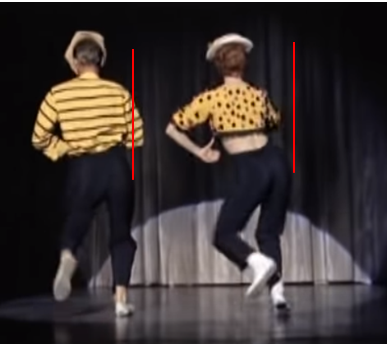









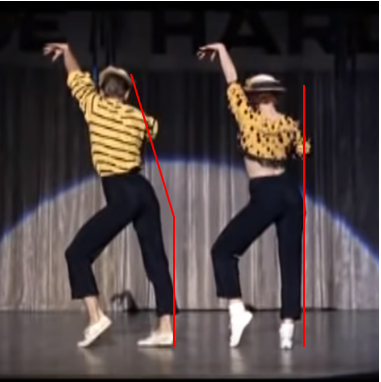
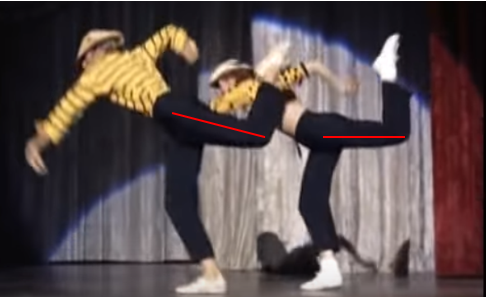

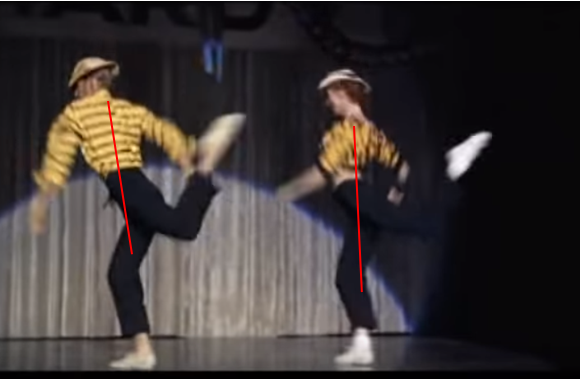
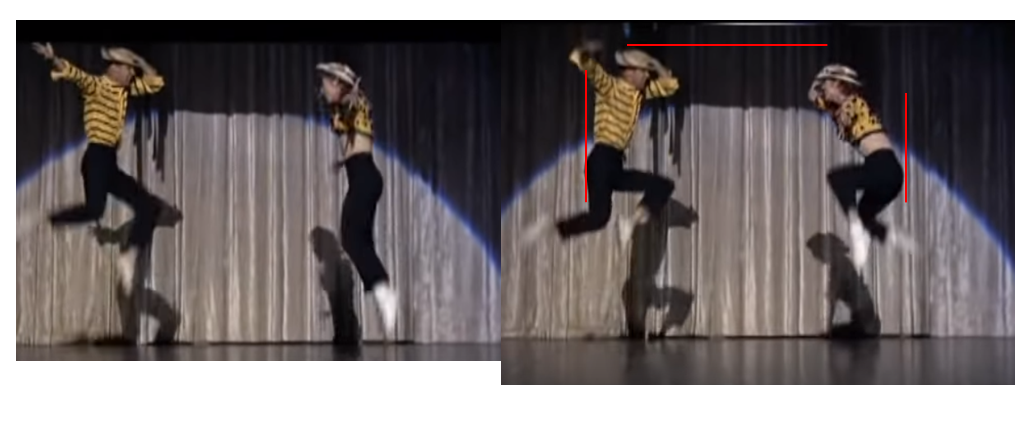
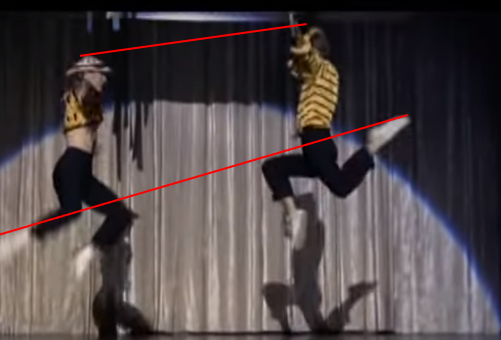
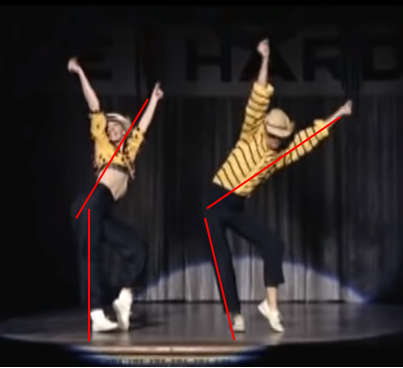


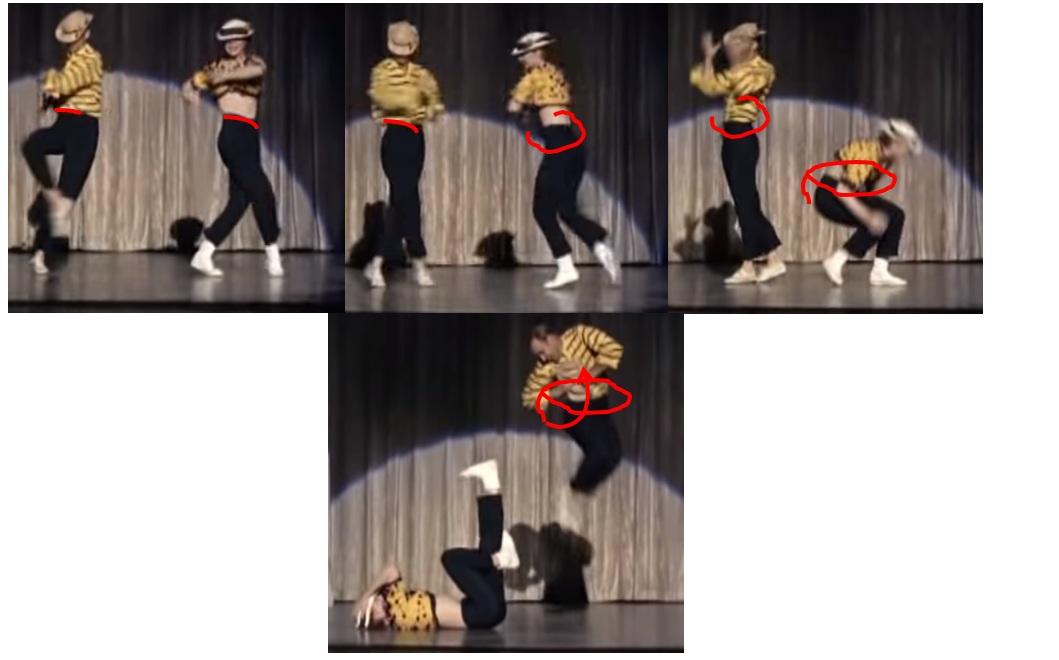
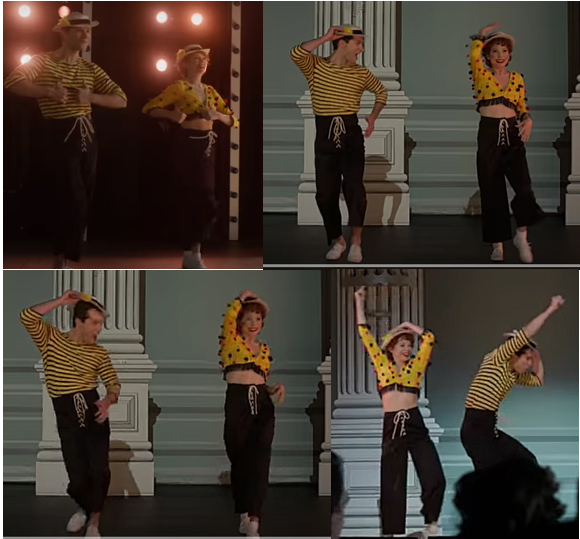


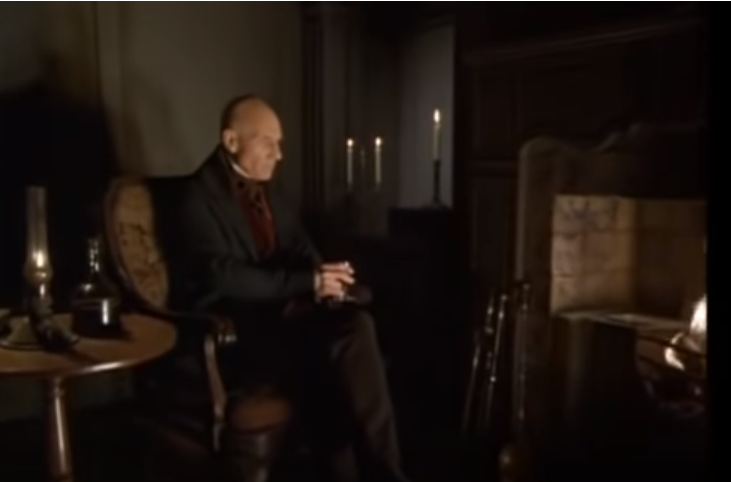 ‘
‘
